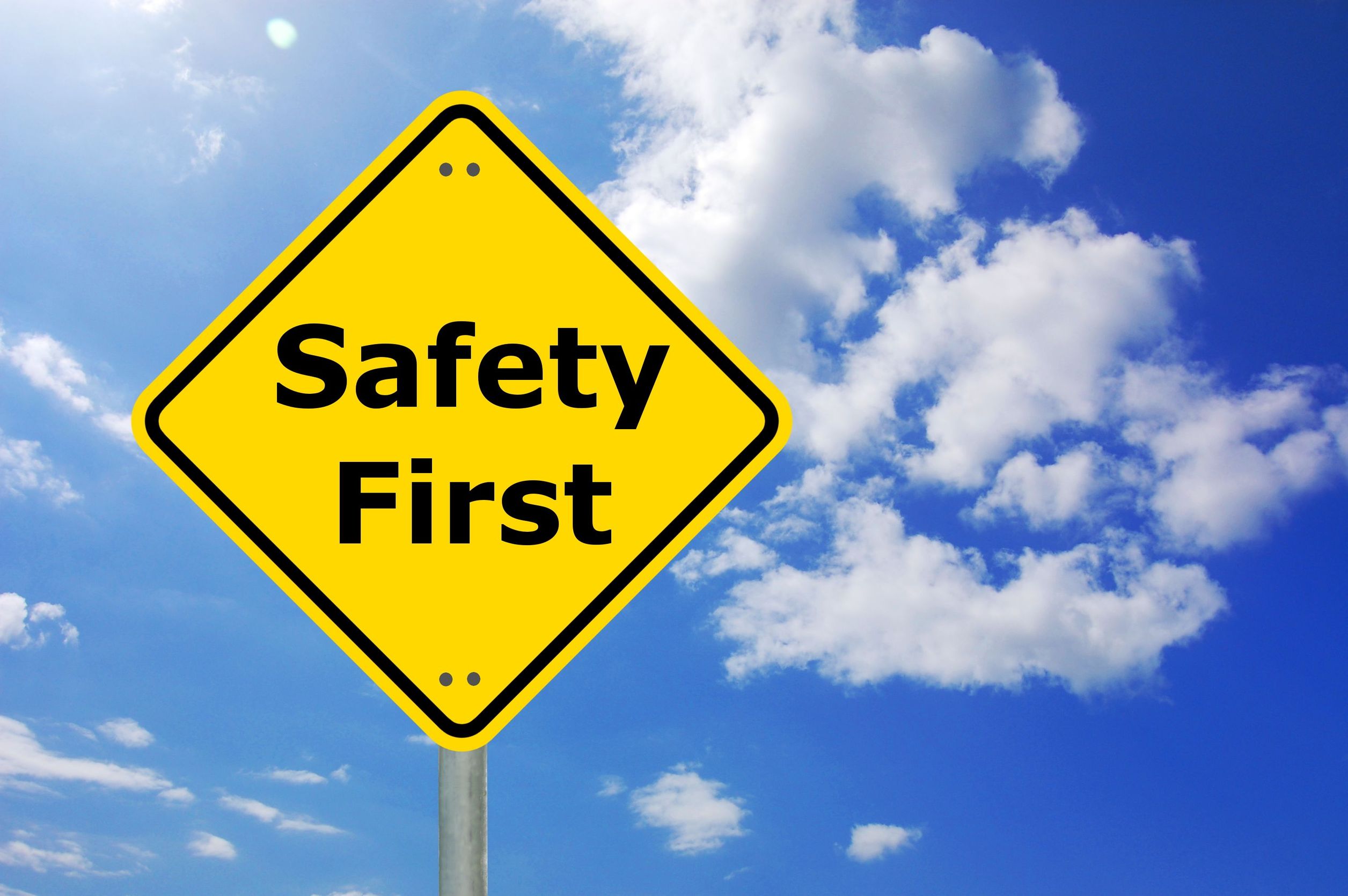
HSE
occupational Health and Safety
$3300.00
HSE Course Outline
1. Introduction to HSE
Definition and Importance of HSE
HSE in the Workplace: Objectives and Benefits
Key Stakeholders in HSE (Management, Employees, Contractors)
Legal and Regulatory Frameworks (e.g., OSHA, ISO 45001, ISO 14001)
2. Hazard Identification and Risk Assessment
Types of Hazards (Physical, Chemical, Biological, Ergonomic, etc.)
Hazard Identification Techniques
Risk Assessment Methodologies (e.g., HAZOP, Job Hazard Analysis)
Control Measures: Hierarchy of Controls
3. Health Management
Occupational Health Basics
Managing Occupational Diseases (e.g., Respiratory, Noise-Induced Hearing Loss)
Workplace Ergonomics
Stress and Fatigue Management
4. Safety Management
Principles of Safety Culture
Safety Training and Awareness Programs
Incident Reporting and Investigation
Emergency Response Planning and Procedures
5. Environmental Management
Key Environmental Issues in the Workplace
Waste Management (Reduce, Reuse, Recycle)
Energy Conservation and Carbon Footprint Reduction
Environmental Compliance and Monitoring
6. HSE Management Systems
Overview of HSE Management Systems (ISO Standards, OHSAS)
Components of an HSE Management System
Integration of HSE into Business Processes
Continuous Improvement in HSE
7. Personal Protective Equipment (PPE)
Types of PPE and Their Uses
Proper Selection and Maintenance of PPE
Limitations of PPE
PPE Compliance and Monitoring
8. Emergency Preparedness and Response
Identifying Emergency Scenarios (Fire, Chemical Spills, Natural Disasters)
Developing and Implementing Emergency Plans
Roles and Responsibilities During Emergencies
Conducting Emergency Drills and Evaluations
9. Case Studies and Practical Exercises
Real-Life HSE Incident Analyses
Group Exercises: Hazard Identification and Risk Control
Simulated Emergency Response Scenarios
10. Course Assessment and Wrap-Up
Knowledge Check: Quizzes or Exams
Open Discussions: Challenges and Solutions in HSE
Certification and Course Feedback
Developing an Action Plan for Workplace HSE Improvements


